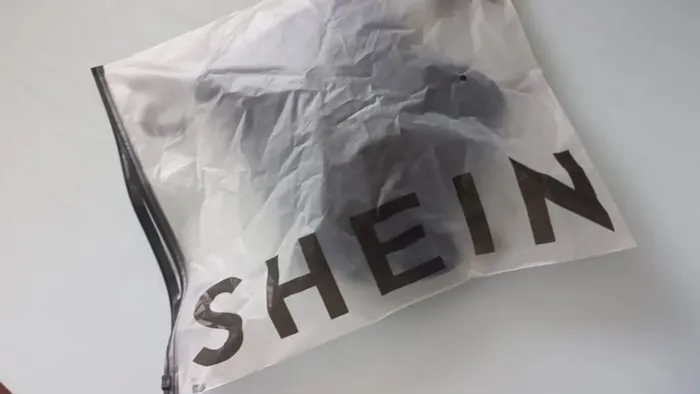Shein factories go quiet in China: What it means for South African shoppers

As Shein factories halt production in China what will be the impact on South African shoppers?
Image: File picture
A WAVE of silence has swept through dozens of factories in“Shein Village”, a bustling garment manufacturing hub in China’s Guangzhou province, as dozens of workshops supplying the fast-fashion giant Shein have ground to a halt.
The once-booming factories, located in the city’s Panyu district, are now eerily quiet, with unsold garments piling up inside shuttered warehouses.
The sudden downturn follows recent moves by the United States government to clamp down on Chinese imports. In particular, the Trump administration has scrapped the “de minimis” exemption, which previously allowed online retailers like Shein to ship goods worth under $800 to American consumers without paying import duties.
Combined with new tariffs, this change has hit Shein’s operations hard, causing a sharp drop in orders from the US, the company’s biggest market.
What does this mean for South African shoppers?
Although the policy changes are US-focused, South African Shein shoppers may start to feel the impact in several ways:
Price Increases
With fewer orders coming from the US and growing pressure on Shein’s supply chain, the company may attempt to recover losses by adjusting global pricing. The days of ultra-low prices may be numbered.
Longer Shipping Times
Reduced production could slow down Shein’s delivery timelines, especially for South African customers who already experience extended waits compared to shoppers in North America and Europe.
Smaller product selection
If Shein downsizes its operations or streamlines inventory to manage costs, South Africans may notice a smaller range of styles, sizes, or seasonal items available.
Potential customs hurdles
South Africa’s own customs regulations are already a barrier to Shein the shopping experiences. Any global disruption in Shein’s logistics or shipping strategies might lead to further delays at local ports.
While Shein has managed to dominate the global fashion market with its lightning-fast trends and rock-bottom prices, the shutdown of its key production zone in China reveals just how vulnerable its business model is to political and economic shifts.
For South Africans who’ve come to rely on Shein for affordable fashion, these changes could mean paying more and waiting longer for less.
Related Topics: